Chris Hemer and Sam Mishos are the collaborative, creative forces behind Canadian indie band Funeral Lakes. Their new EP, Mountains Turned to Dust, is a transportive listen that takes you through open plains, mountains, and weeping valleys. They are fiercely independent, both self-producing and self-releasing, another example of digital natives who embraced the internet with a DIY ethos.
Even though Funeral Lakes fall under the umbrella of indie rock, there are many more influences going on across their earlier EPs and albums. They have elements of shoegaze, with their dreamy, ethereal vocals and sonic textures. There is also something lovely between Chris and Sam with their vocal exchanges and dynamic range, which sometimes draws a lazy comparison to bands like Arcade Fire. I even hear bits of post-punk on some of the tracks from the earlier EPs and records, and a hint of the reverb-saturated, minimal sound atmosphere of bands like Galaxie 500. But I admire their strong focus on the melodies, rhythm, and lyrics. There is also a folk element in their music where the storytelling is central before they build up the atmosphere with different sonic layers.
On Mountains Turned to Dust, the opening riffs of "Ride On" introduce more of their big indie rock sound, featuring lots of sonic space while highlighting the duo's soothing vocal dynamic range, where both voices complement each other to significant effect. "Dreaming of Heroes" is another release highlight that continues in the same manner, immersing the listener in the open country.
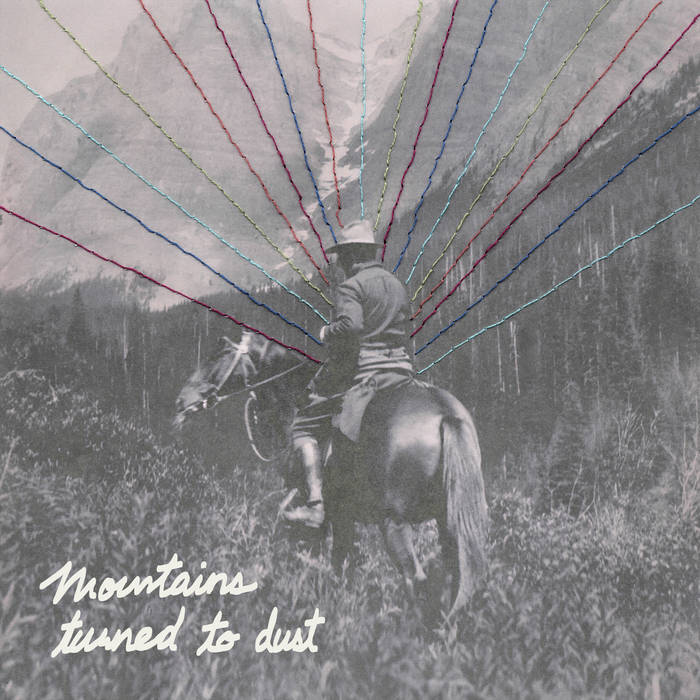
Joining Chris and Sam on their roaming country-gaze adventure on this EP were musician friends Michael Broadhead (bass guitar/backing vocals), Arden Rogalsky (drums/backing vocals), Dimitri Treheles (guitars), and Jonas Bonnetta (keys/percussion/backing vocals).
Throughout the EP, the duo's vocals combine beautifully, ruminating on the legacy of economic greed, westward expansion, and its environmental toll. Even more sonic textures are added in a country-gaze aesthetic, and images conjured from a different time with men on horseback across an empty landscape, with the galloping drums effect.
Chris grew up in Vancouver. He went to university in 2013 in Kingston, Ontario, where he met Sam. They moved back to Vancouver, and both worked there for a while before they made a return trip for more school and have been back in Kingston for six years now, where they feel fulfilled musically.
“Some folks are doing good things here to try to support local bands and local music. There are some fantastic musicians who deserve a lot more praise, but that is true for a lot of Canada."
One of the studios they have been going to recently is Port William Sound, about an hour north of Kingston in the rural country. There are no neighbors, and they can make a lot of noise.
I asked him about the musical influences and not being concerned about being boxed neatly into one of the streaming platform genres.
"It is a soup of all our influences growing up and who we continue to listen to. I mean, sometimes it can be a little detrimental in terms of trying to pitch or define us. Indie rock is usually just a meeting place, which makes sense. But we try to follow where the song is going, and if there is an element that can complement it, we are happy to follow those ideas and try them."
Looking back over and listening to their discography, they have had three EPs and two albums in the last six years. They have come a long way in that time. I wondered if it felt like that for them.
"Yes, that first album of ours is pretty scrappy, lo-fi. It was Sam and me at home in an apartment with not a lot of training on how to record. We were trying and failing our way through the process. We were able to put something together, and I think we were happy to get it out there [referring to the self-titled debut release]. Since then, we have made some friends who help us along the way, and I think we have improved a lot in our own ability to record and to now call on people to join that process, which is a very fortunate position to be in."
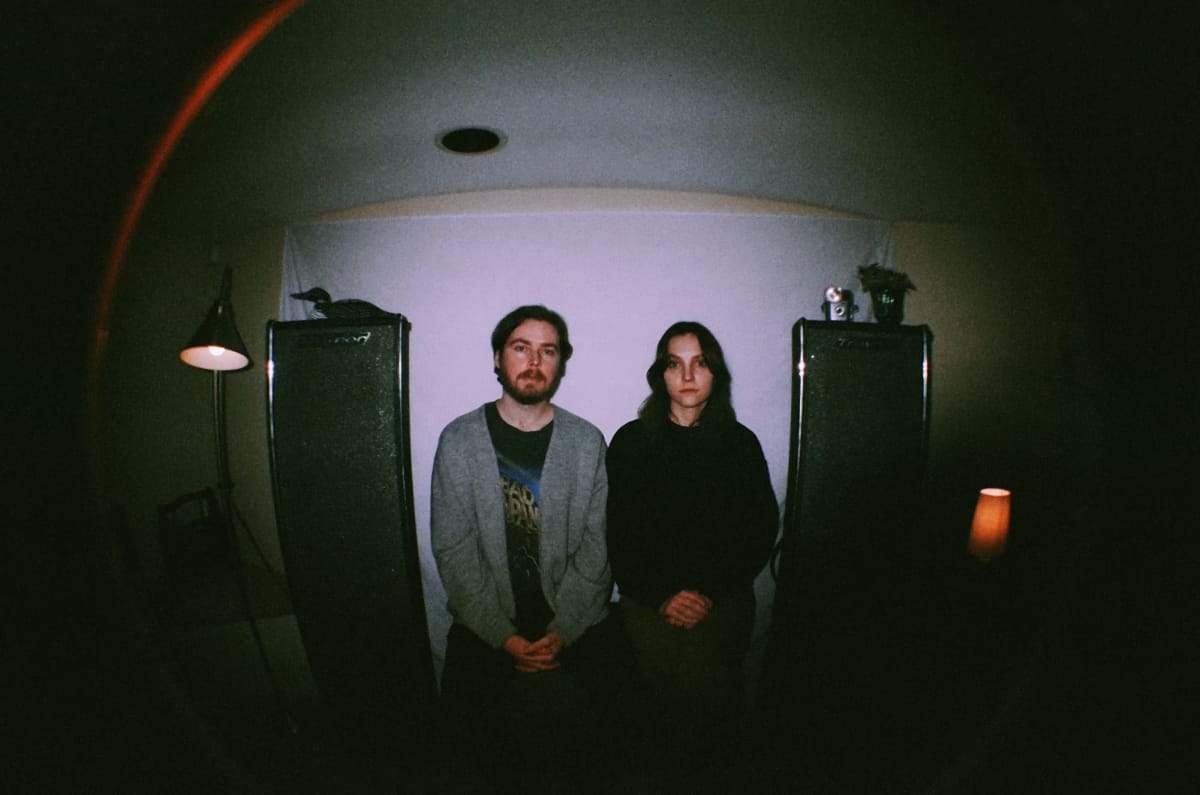
The global pandemic impacted all of us in separate ways and landed in the middle of the recording of Funeral Lakes’s Redeemer EP, which is a little darker as a result. I wondered if there is a creative force that pushes an artist to release a certain batch of songs in EP format. I am aware there is a practical side to recording, especially when you are self-releasing, with the cost. I asked Chris if there is a desire to release songs in batches like that. (I was thinking also particularly of their Golden Season EP.)
"Absolutely, whenever we release an EP or an album, we really want to present a cohesive story atmosphere, just because when we listen to music—I think the industry has changed—but we really like to get into a project. Some of our favorite albums are ones where we can sit down and hit play, be invested for an hour, and inhabit the world that the artist has created. You know, singles are more important nowadays, and the cohesive album is a bit antiquated. But we are still very committed to that idea of making sure things fit and make sense and flow into one another, whether that is thematically, sonically, or both."
Well, I might be in the antiquated minority, but I still believe in the album as the organizing principle for a musician. That is the hill I am going to die on.
Sam and Chris create music that is politically and emotionally charged, questioning what can be done about subjects from toxic masculinity to societal and environmental issues. As well as being a musician, Chris is a settler scholar and PhD student in the Cultural Studies Program at Queen's University, Kingston. North American Martyrs was written when Chris was completing his master's, and that research informed the songs that were concerned with capitalism, colonialism, and exploitation of the land.
"Canada is very set on this sort of exploitative resource agenda that has underpinned the entire history of this place from colony to present, as a place to exploit resources."
Deconstructing national myths and settler identity was part of his thesis subject. Chris elaborated, "The heroes and events that we flatten and glorify as a nation to celebrate, and how, during that process, there's this omission that happens that eliminates the underlying violence that is inherent in these things. That project started with the Canadian artist Gordon Lightfoot, who had global success. He is a very treasured Canadian artist. He wrote this song in the sixties, 'Canadian Railroad Trilogy,' for the centennial celebrations, where the state paid him a sum of money to reify the mythology of the railway that built Canada. But that story is more one of private capitalists using public money to enrich themselves and government stealing land to turn over for nothing."
Chris spoke about growing up when that song was played as an example of fantastic historical songwriting, which never sat well with him, as he just felt it was bad history. As he got a little older, he discovered artists such as Willie Dunn, who, during the same period in the sixties, released a song called "The Ballad of Crowfoot," the counter-narrative to what Lightfoot presented.
"Lightfoot had all the success doing these state-sponsored things. Willie Dunn presented a counter-narrative and does not have that same level of success, but it is a far more nuanced and critical take on history that I really admire and respect. I started this project with a bit of juxtaposing these two actors and then started treating each song as a way of deconstructing individual myths that I grew up hearing, and, later in life, questioning."
Following their North American Martyrs sophomore record, this latest Mountains Turned to Dust EP is not a part two but rather an extension of it. Similar to the revisionist western movies that looked to subvert from within that movie genre, the band were not finished exploring themes of historical myths of cowboys and the North American frontier through an anti-western lens.
"Usually, it ends up with us lumping songs or grouping songs," explained Chris. "Like this project, for example, we had five songs that could exist in a similar world, and we thought, let's put those together and focus on them for the next little while and put that out as an indie rock revisionist western something collection."
Changing gears from music, we talked more about modern Canada and discussed the impact of mining, the reliance on fossil fuels, and deforestation, which are still major problems. But I put to Chris, is climate change the number one environmental concern at the moment?
"In Canada, it is certainly a major concern. I believe we are warming at twice the global rate. You have seen in the news that things like forest fires are just a normal occurrence now. Growing up, this was not normal. Forest fires are also at the confluence of climate change and different weather patterns. And then in BC, there was also this sort of lawless period of deforestation and logging that occurred, where there was little oversight, and there are slash piles and monoculture forests just dotting the entire province that are acting like these tinderboxes. Then you have these zero corporate responsibilities, exploitation happening, you have extreme weather events, and warming. They all kind of coalesce into this nightmare that is currently playing out across this country, and in many parts of the world too, not just Canada."
That is where the term 'petro-nationalism' comes in: the promotion of extractivism as a public good and demonizing critics as anti-Canadian.
"Yes, that is a hugely sort of destructive force in the Canadian psyche. This belief that we should be building more pipelines, exploiting the oil sands, and poisoning local communities in the name of making money. These are not, for the most part, nationalizing industries. That money's not staying in those communities. It is flying elsewhere and enriching people at the expense of poisoning communities. It is quite bleak. There has been a reinvestment in 'we need to build more pipelines.' We need to go and exploit the ring of fire, and that means running roughshod over treaty rights, over inherent rights, building these projects through unseated territories that are not covered by any sort of agreement."
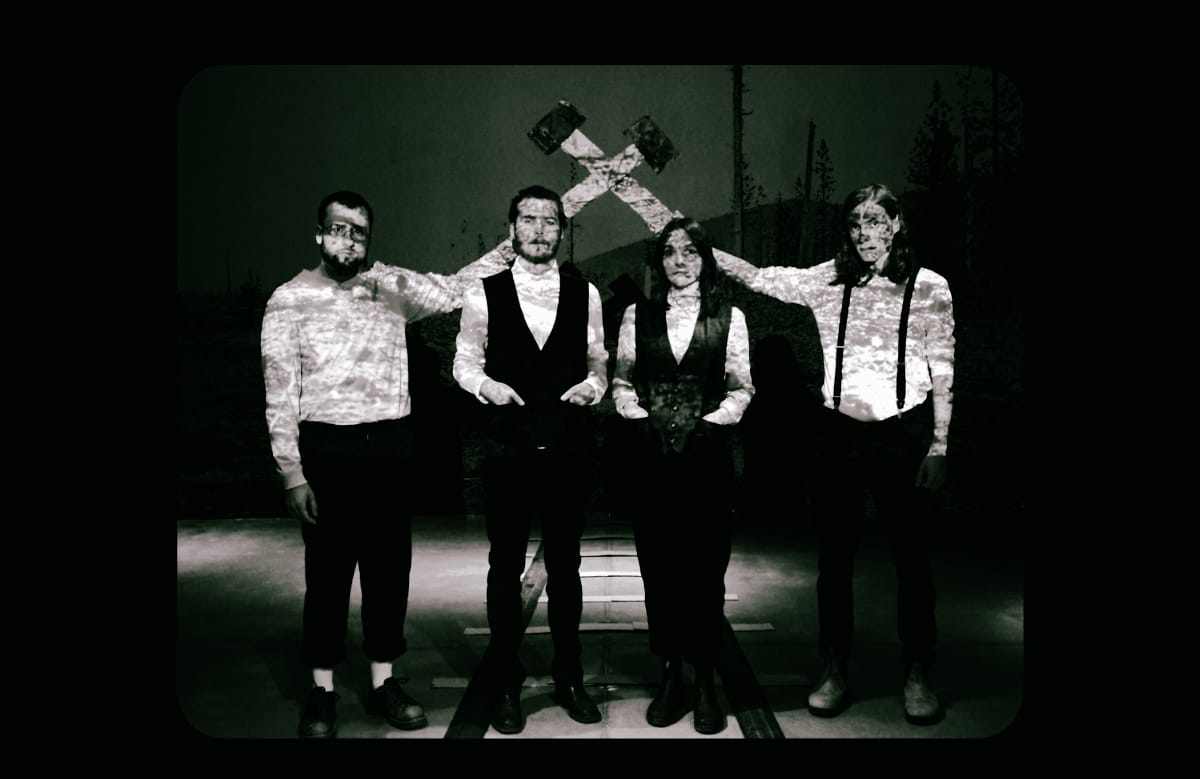
Where are you most comfortable musically? Is it experimentation, picking up nuggets from different genre influences, or is it the attraction of a thematic project?
"That is always where we start, talking about how we want something to sound and what the inspiration is. I mean, we were watching a lot of films and listening back to music we grew up listening to and discussing and storyboarding a bit of an idea."
To get into a similar mood, Chris recommends watching movies such as The Power of the Dog, McCabe & Mrs. Miller, There Will Be Blood, and The Settlers. These accurately convey the anti-Western vibe of the Funeral Lakes musical universe.
Chris continued, "We had some songs that we already knew would fit well in that universe, and then flushed those out and added a few new ones that we wrote during the process. But we usually like to start with a theme, an idea, and then everything gets written on an acoustic guitar. It is usually the two of us sitting down and working through ideas together. That is where I think the folksy side of things comes. We start with the story and the progression, the melodies. Then, we add a lot of overdubbing and messing around with dreamy guitars and stuff to try to build up the atmosphere that way."
I teased him and asked, "Lots of reverb?" He chuckled, "Exactly, yes! I think at first that was hiding some of the imperfections."
Chris mentioned juggling music with the reality of day jobs. "Life is also busy. We have jobs, we have school, and we have responsibilities in the state of the world. In the music industry, it is tough for everyone to be able to set aside that time and really focus on the art. I wish that were not the case. I wish we had all the time in the world to explore these ideas and to hone a skill, but we try to define that time. Then we just do our best to finish what we can."
Check out more like this:
 The TonearmCarolyn Zaldivar Snow
The TonearmCarolyn Zaldivar Snow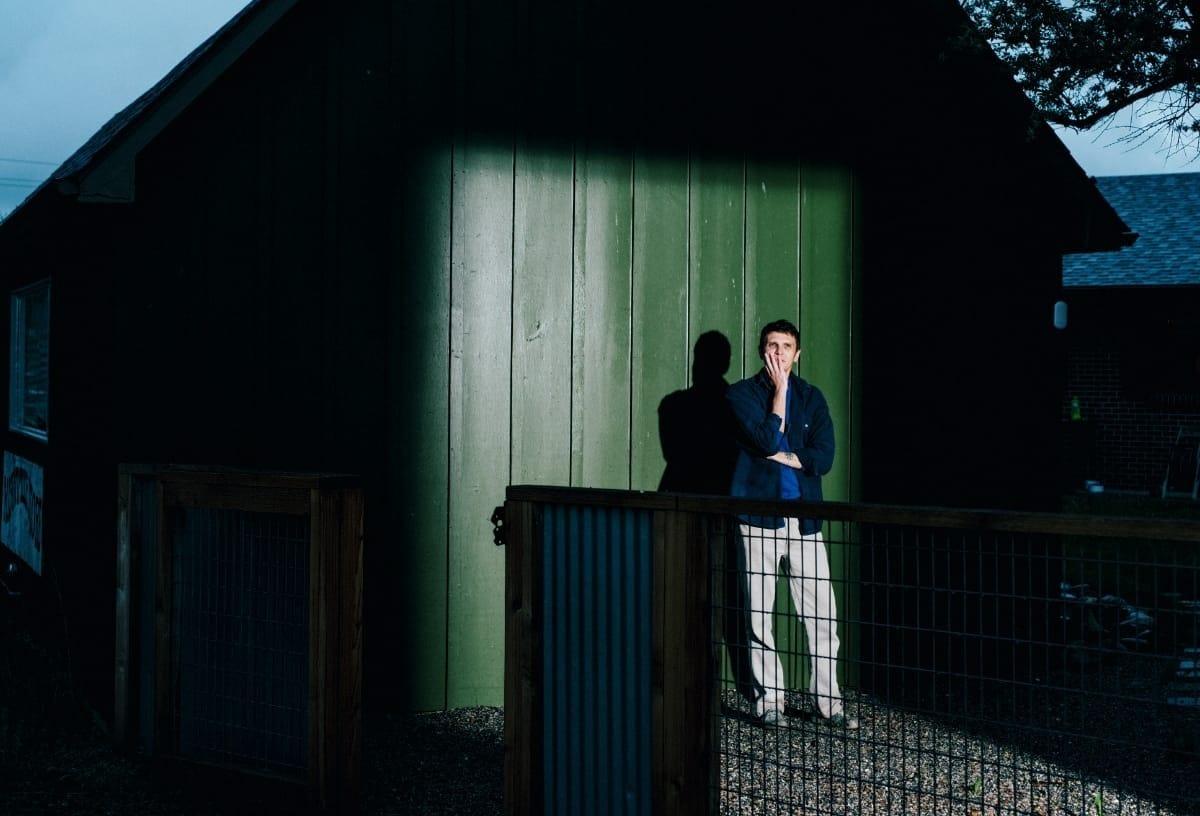
 The TonearmJonah Evans
The TonearmJonah Evans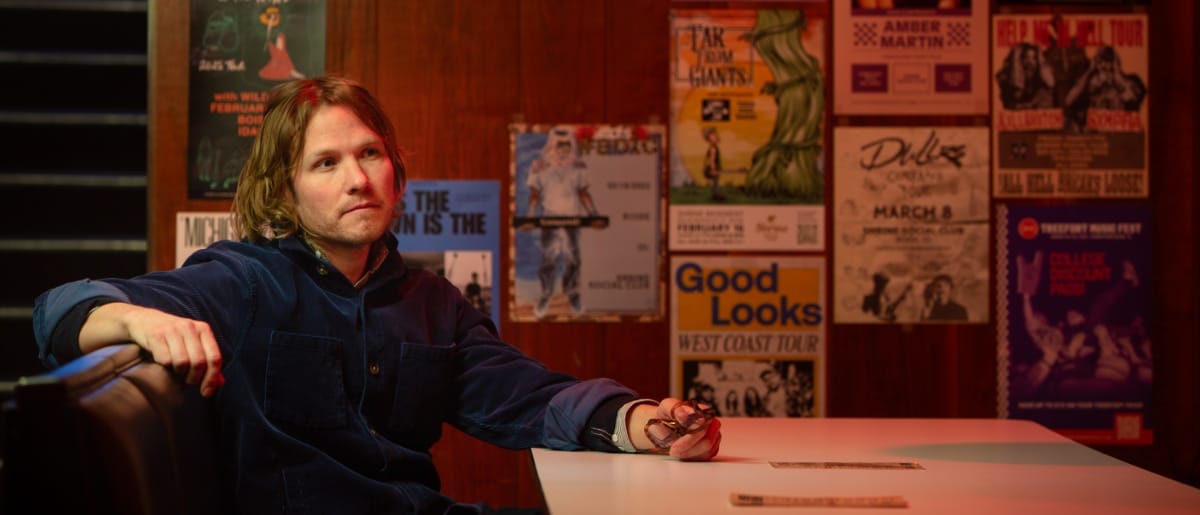




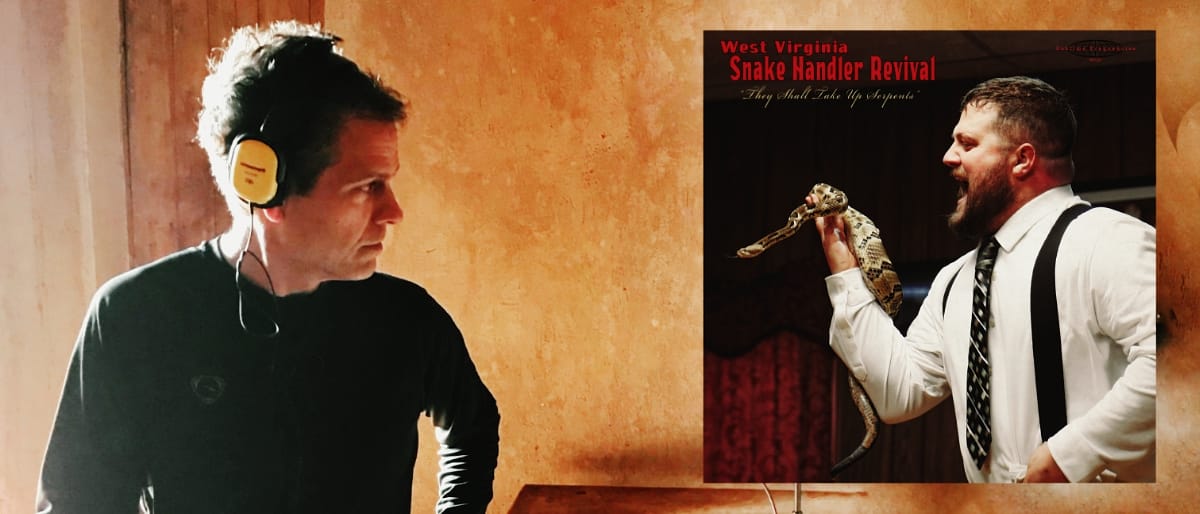

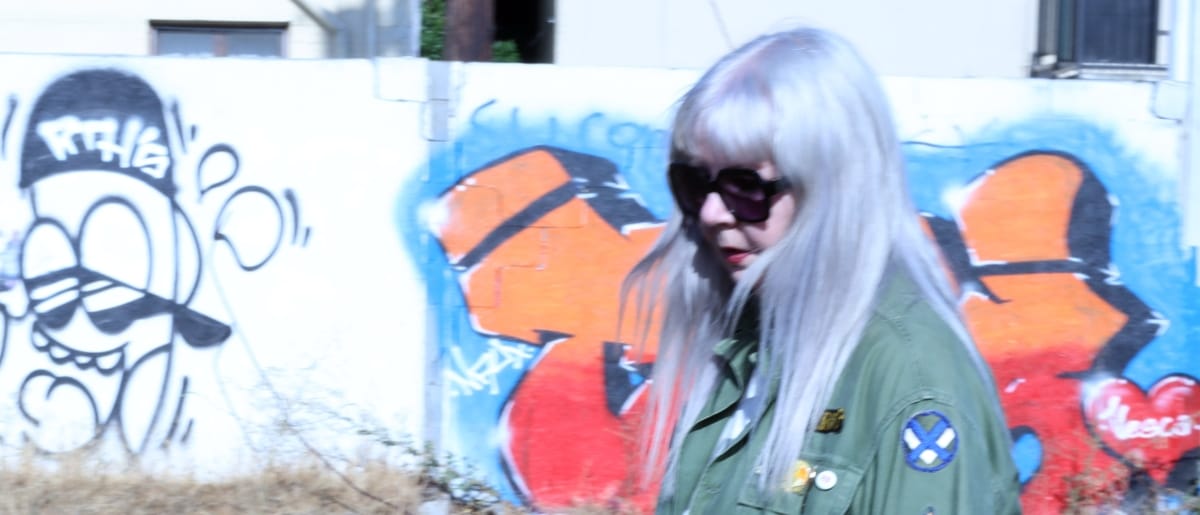
Comments